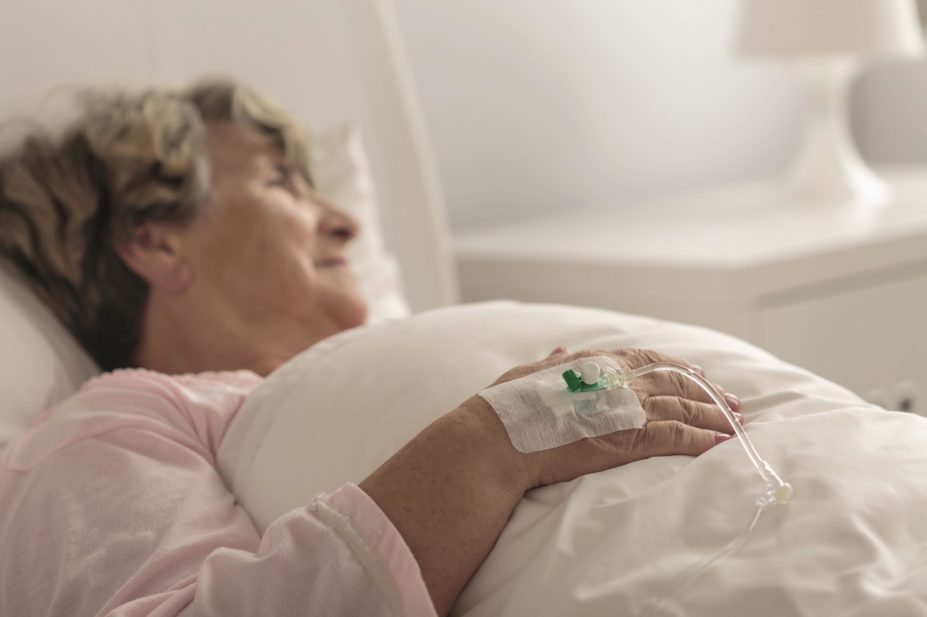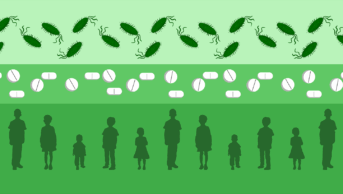
Shutterstock.com
More than half of older patients were exposed to potentially inappropriate prescribing, a study of almost 40,000 patients published in The BMJ (14 November 2018) has found[1]
.
The study also found that hospital admission was independently associated with potentially inappropriate prescribing.
The researchers carried out the longitudinal study by retrospectively extracting data from 38,229 patients aged 65 years or over who attended one of 44 general practices in Ireland between 2012 and 2015.
The data show that the overall prevalence of potentially inappropriate prescribing, which included the failure to stop or reduce doses of certain drugs after discharge from hospital, ranged from 45% of patients in 2012 to 51% of patients in 2015.
Each year, between 10% and 15% of patients were admitted to hospital at least once. Furthermore, for patients who were admitted to hospital, their likelihood of having potentially inappropriate prescribing increased by 72% after admission, independent of other patient-related factors such as age and sex.
The authors concluded that the results suggested that potentially inappropriate prescribing was becoming increasingly prevalent among older people in the community and that hospital admission was “an important driver of potentially inappropriate prescribing and the overuse and/or misuse of drugs”.
“Identifying optimal management strategies for older people is vital to ensure that the risk of inappropriate drugs is minimised after transitions of care,” they concluded.
References
[1] Pérez T, Moriarty F, Wallace E et al. Prevalence of potentially inappropriate prescribing in older people in primary care and its association with hospital admission: longitudinal study. BMJ 2018;363:k4524. doi: 10.1136/bmj.k4524


